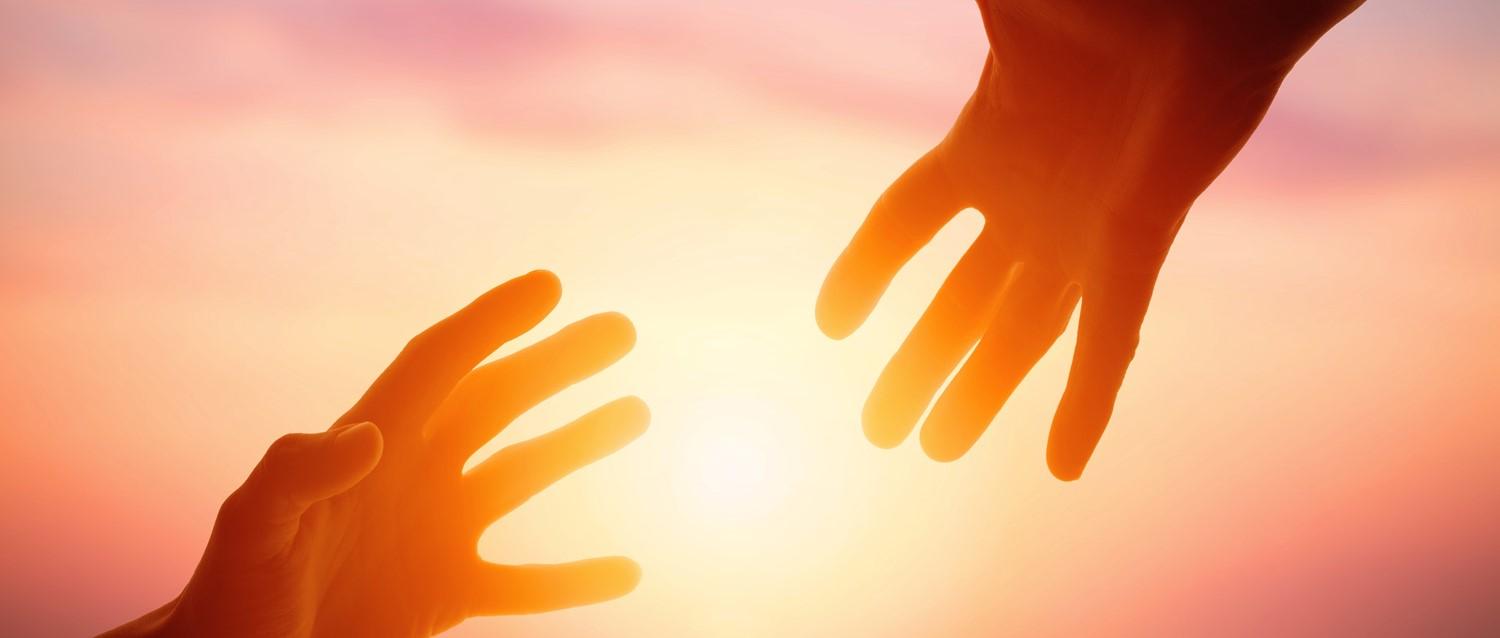
What it's like to be a recovering sex addict
Peer reviewed by Dr Sarah Jarvis MBE, FRCGPLast updated by Sarah GrahamLast updated 23 Aug 2018
Meets Patient’s editorial guidelines
- DownloadDownload
- Share
- Language
- Discussion
As of July, compulsive sexual behaviour is now officially recognised as a medical condition by the World Health Organization (WHO). More commonly generalised as 'sex addiction', the disorder is a complex one, difficult to define and to diagnose. While the idea of being addicted to sex is both mocked and sensationalised in media and popular culture, the condition can in fact be debilitating for sufferers - and the shame and stigma only make matters worse.
In this article:
"Men always used to just be a distraction," says recovering sex and love addict Alice*, 32. "I used sex, love and romance to medicate uncomfortable feelings like guilt, stress, or fear - and that constant, obsessive search for male comfort took over my life. If I didn't have a sexual partner, I felt like I was staring into a black abyss."
It wasn't until she found herself in a particularly destructive relationship that Alice realised she had a problem.
"I was the other woman, so there were a lot of secrets and it was a very sexually driven relationship," she explains. "We were both very addicted to each other and, even though he was really quite abusive to me, I just couldn't leave. It was a magnetic pull, unlike anything I've ever really experienced. I used to feel a lot of anxiety if I wasn't around him, or if I had to go for a couple of weeks without sex."
This experience eventually led Alice to Sex and Love Addicts Anonymous (SLAA) - a 12-step peer support programme based on Alcoholics Anonymous.
"People have such different experiences before they come into SLAA but I think a lot of them, like me, join off the back of quite an obsessive relationship," she reflects. "It was like I was constantly searching for someone to fix me or solve my problems."
Continue reading below
Addicted to love?
Part of the difficulty with defining addictive or compulsive sexual behaviour is that it's all relative, and depends a lot on each individual's relationship to that behaviour.
"The main questions I always ask are: Is it hurting you? Is it hurting another? Is it out of control? And have you tried to stop?" explains psychosexual therapist Ian Baker, a member of the College of Sexual and Relationship Therapists (COSRT) and chair of the Association for the Treatment of Sexual Addiction and Compulsivity (ATSAC).
"It's about working out someone's relationship to what is out of control, not pathologising it, taking cultural and religious aspects into account, and understanding guilt and shame before you label someone," he adds. "The way I'd work with someone is to start by going through the triggers, the role of fantasy, the role of orgasm, the anticipation, and people's overall well-being. You may find that people are using the excitement and addiction of what they're doing to medicate their own anxiety, so it gets quite complex."
As a result, Baker explains, there's no 'one-size-fits-all' treatment.
"Any recovery is not abstinence; recovery is new behaviours, new habits, new lifestyles. If you do abstinence without doing any recovery work, your brain gets tired and you will relapse," he says. "At the beginning, it's about putting in the pillars of support, finding what the challenges are, and then moving into the deeper relational stage."
Overcoming shame
Understandably, Alice initially felt a lot of shame about seeking help for her addiction.
"When I first started going to SLAA groups, I thought: 'Oh god, what if someone finds out? It's so embarrassing; what will people think?' I also wondered what kind of people were going to be at a Sex and Love Addicts Anonymous meeting. When I first walked in the door, I was so surprised that everyone just looked really normal. People were actually very welcoming and friendly," she says.
Alice has been attending several meetings a week since March 2016, and is now at step 10 of 12.
"At first I found it quite challenging listening to what people were sharing - talking about fantasy, destructive relationships, self-esteem and self-sabotage - but I knew I was in the right place," she adds. "The support network, and working through the 12 steps, has really changed my life. That feeling of not being alone is so comforting, and coming to SLAA has altered my perspective on so many things."
Continue reading below
Regain control
Each step, she explains, addresses a different aspect of the addiction, and how to regain control over your life.
"The acting out - whether that's drugs or alcohol for some people, or sex and love for others - is just a coping mechanism for what's underneath, and the 12 steps help you work through the issues that are underlying the addictive behaviour," Alice explains. "Fantasy can often be a big issue too - having fantasy romances, and using fantasy to avoid reality, so a big part of recovery is yearning to really be present in reality."
Alongside the 12-step programme, Alice also sees a therapist, and says the two treatments complement each other.
"The programme is very logical in terms of working through your issues, and taking responsibility for your own actions, while therapy is helpful to understand my own psychology a bit more, and where I've picked up certain traits," she says.
Despite her progress, Alice still describes herself as a sex and love addict.
"I have an addict's brain in terms of craving intensity, and I still struggle with stability quite a lot, and wanting to use men to change the way I feel," she explains. "I don't think it's that wise to ever feel like you're cured - it's something that needs constant vigilance - but I don't have any shame around it anymore either. It's just like any other mental health condition, and I think it's probably a lot more common than many people think."
Patient picks for General sexual health

Sexual health
The most likely reasons for your low sex drive
It certainly wouldn't be convenient to have sex constantly on the brain. But it's natural to worry about whether your desire (or lack of it) is normal. Here, we explore the complexities of libido and how to seek help if you think yours is in need of a boost.
by Natalie Healey

Sexual health
Why is sexual violence against men on the rise?
With calls to male sexual abuse helplines increasing in 2021, it's important to be aware of where you or a loved one can find support if needed. There are a number of reasons why men don't feel able to seek support following sexual abuse or assault. It's essential that we, as a wider society, ensure everyone feels safe asking for help.
by Emily Jane Bashforth
Continue reading below
Article history
The information on this page is peer reviewed by qualified clinicians.
23 Aug 2018 | Latest version

Ask, share, connect.
Browse discussions, ask questions, and share experiences across hundreds of health topics.

Feeling unwell?
Assess your symptoms online for free
Sign up to the Patient newsletter
Your weekly dose of clear, trustworthy health advice - written to help you feel informed, confident and in control.
By subscribing you accept our Privacy Policy. You can unsubscribe at any time. We never sell your data.